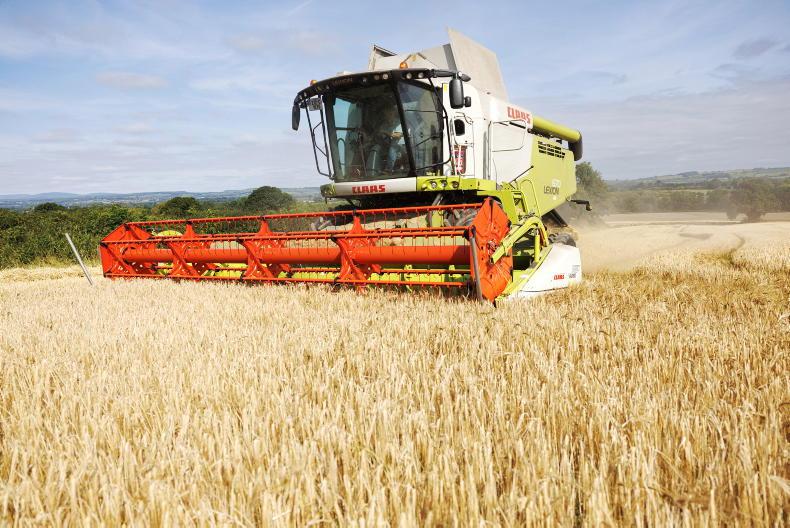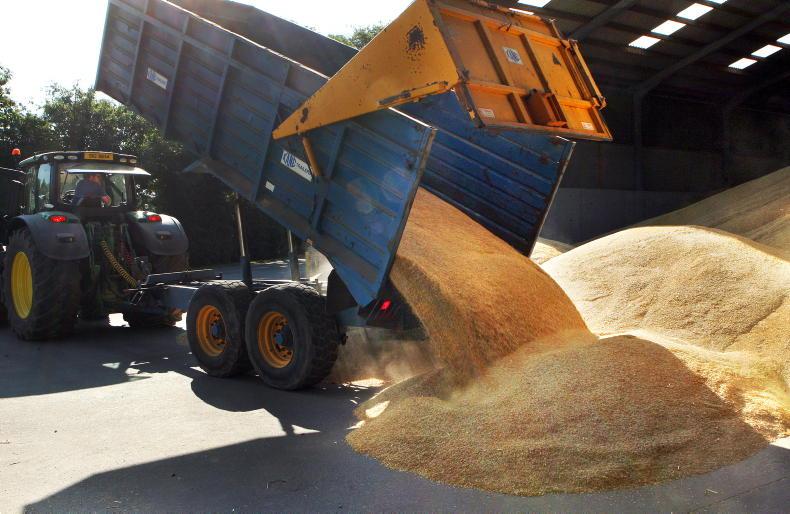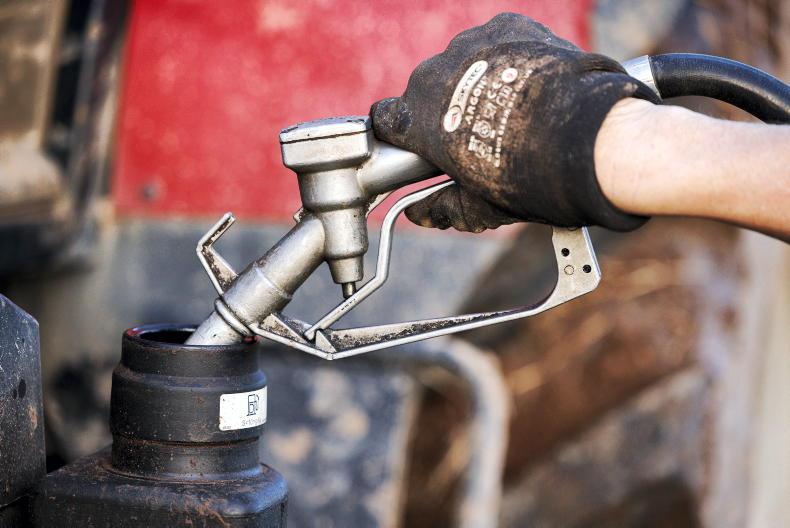International efforts to increase Ukraine’s grain storage capacity are paying off, says the Ukrainian Ministry of Agrarian Policy and Food.
The ministry estimates that some 15% of Ukrainian farmers’ grain storage has been damaged, destroyed or has become inaccessible because of the damage to civilian infrastructure.
On top of this, Russia’s months-long blockage of Black Sea ports caused a massive accumulation and backlog of Ukrainian grain this year.
As a result, earlier this year, the ministry requested international support to develop 15m metric tonnes of supplemental grain storage for farmers and merchants to use.
The United Nations Food and Agriculture Organisation, with financial donations from Canada, Japan, and the Minderoo Foundation, together covered some 6.2m metric tonnes of storage needs.
Storage bags
The funds were used to purchase and provide farmers with grain storage bags, storage structures and filling equipment, much of which should be reusable for future harvests.

Russia’s months-long blockage of Black Sea ports caused a massive accumulation and backlog of Ukrainian grain this year.
The United States Agency for International Development’s agriculture resilience initiative for Ukraine saw a further 1.7m metric tonnes of storage provided.
Finally, the Howard G Buffett Foundation provided another 0.7m metric tonnes worth.
Ukrainian farmers themselves are covering the costs for the remaining 6.4m metric tonne grain storage deficit.
Storage secured
A spokesperson for the Ukrainian ministry said: “As of November 2022, the co-ordinated action of Ukrainian farmers, supporting countries and charitable organisations is fulfilling Ukraine’s urgent need for grain storage resulting from the impacts of the Russian Federation’s unprovoked war, including the previous blockade of Ukraine’s Black Sea ports.
“This supplemental storage provided by the international community bolsters Ukraine’s economy by enabling farmers to store crops - including corn, wheat and sunflower seed, which are critical to food security in the country and globally - until they are sold for export, processing or domestic use.”
International efforts to increase Ukraine’s grain storage capacity are paying off, says the Ukrainian Ministry of Agrarian Policy and Food.
The ministry estimates that some 15% of Ukrainian farmers’ grain storage has been damaged, destroyed or has become inaccessible because of the damage to civilian infrastructure.
On top of this, Russia’s months-long blockage of Black Sea ports caused a massive accumulation and backlog of Ukrainian grain this year.
As a result, earlier this year, the ministry requested international support to develop 15m metric tonnes of supplemental grain storage for farmers and merchants to use.
The United Nations Food and Agriculture Organisation, with financial donations from Canada, Japan, and the Minderoo Foundation, together covered some 6.2m metric tonnes of storage needs.
Storage bags
The funds were used to purchase and provide farmers with grain storage bags, storage structures and filling equipment, much of which should be reusable for future harvests.

Russia’s months-long blockage of Black Sea ports caused a massive accumulation and backlog of Ukrainian grain this year.
The United States Agency for International Development’s agriculture resilience initiative for Ukraine saw a further 1.7m metric tonnes of storage provided.
Finally, the Howard G Buffett Foundation provided another 0.7m metric tonnes worth.
Ukrainian farmers themselves are covering the costs for the remaining 6.4m metric tonne grain storage deficit.
Storage secured
A spokesperson for the Ukrainian ministry said: “As of November 2022, the co-ordinated action of Ukrainian farmers, supporting countries and charitable organisations is fulfilling Ukraine’s urgent need for grain storage resulting from the impacts of the Russian Federation’s unprovoked war, including the previous blockade of Ukraine’s Black Sea ports.
“This supplemental storage provided by the international community bolsters Ukraine’s economy by enabling farmers to store crops - including corn, wheat and sunflower seed, which are critical to food security in the country and globally - until they are sold for export, processing or domestic use.”










SHARING OPTIONS